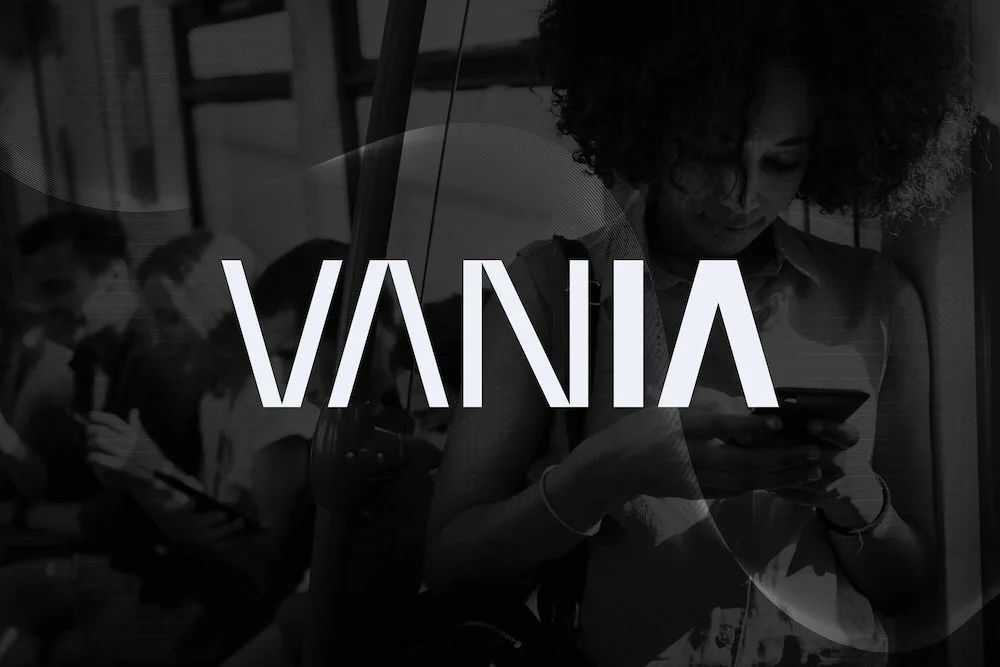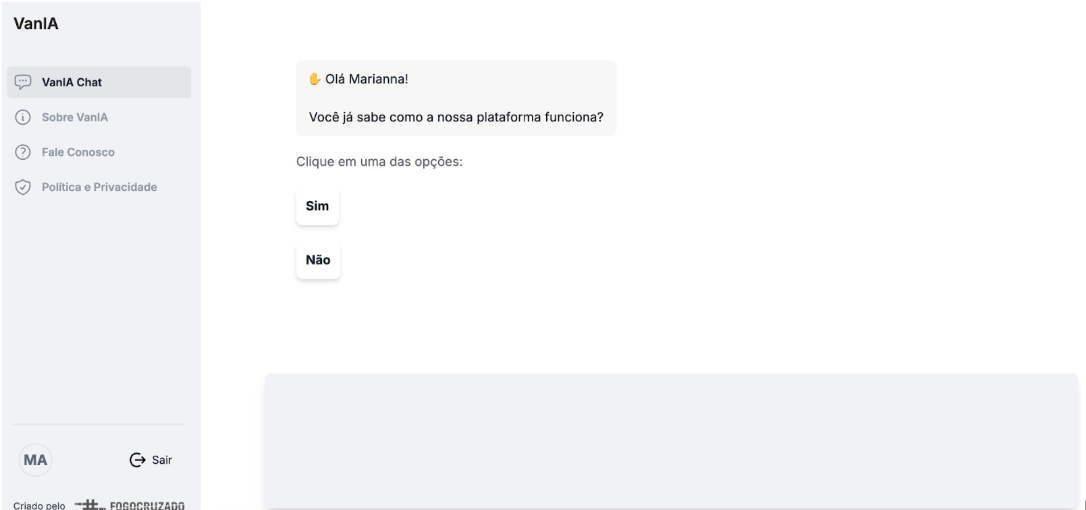VANIA: Using AI to make gun violence data accessible
Discover how Fogo Cruzado’s chatbot is making Latin America’s largest gun violence database accessible, helping Brazilians stay informed,and push for safer communities
Logo of VANIA, Fogo Cruzado’s AI-powered data platform.
By: Marianna Araujo and Diogo Santos
It is difficult to explain our work to someone living in a country where shootings are rare. Yet, for many people living in big cities in Brazil, gun violence is part of daily life. Shootings happen regularly during police operations, or between armed groups, often linked to drug trafficking. Fogo Cruzado Institute monitors and counts these shootings across the metropolitan areas of four Brazilian capitals, producing vital data on gun violence.
For example, let’s look at the number of shootings and stray bullet victims in Salvador and Rio de Janeiro in 2025. As of 11 June, we have already recorded 736 shootings in Rio and 562 in Salvador. For stray bullet victims, we have 16 in Salvador and 55 in Rio. These numbers change daily and we are the only source tracking this data.
Our data isn't just used by the media. Regular citizens follow our updates via social media to stay informed about gun violence in their neighborhoods and cities. These insights also help them organise and demand better security policies. Brazil is one of the world's most violent countries partly due to lack of information. Without comprehensive data on gun violence incidents — including their locations, patterns and consequences — public pressure on authorities to address the problem is compromised. Citizens can't effectively advocate for resources or policy changes when they lack concrete evidence of violence patterns in their communities – which is why we established Fogo Cruzado.
We have the biggest database on armed violence in Latin America, but despite its public importance, we still face the major challenge of making it accessible. On social media and our website, we present just a part of the data, and the API is used only by specialised professionals. The JournalismAI Innovation Challenge, supported by the Google News Initiative (GNI), offered us a way to change this.
The mechanism we planned is simple on the surface: users access our huge database through a conversational platform. Someone can ask, "How many shootings happened in my neighborhood last year?" and get quick answers. It covers 57 cities where 22 million people live. Sounds simple, right? Not quite.
During the last six months, we struggled to train the Large Language Model on such a specialised topic. We needed to teach it the vocabulary contained in our entire database. After all, not everyone knows what a “police massacre” or a “drive-by attack” is. Maybe you don’t know either, so we will explain. A police massacre occurs when three or more civilians die during a police operation, while a drive-by attack involves someone shooting from inside a vehicle.
VANIA's interface and the initial chatbot in Portuguese.
Another challenge we are facing is the costs for people in Latin America to access tools priced in US dollars. How do we democratise the use of AI and apply it to real problems when cost is a big barrier? We are getting closer to this urgent discussion as we develop our tool, and it has been a big learning experience.
But the project wasn't all struggle. For example, a lighter moment was when we had to choose a name in Portuguese. When we first applied to the JournalismAI Innovation Challenge, we named the project BulletData. This name may make sense to you, but it doesn’t say much to Brazilians. We needed a name that helps people understand what we do. That’s how VANIA was born: “Violência Armada em Números + IA” (Armed Violence in Numbers + AI). Vania is a common name for women in Portuguese. I even have a Vania in my family.
We are now entering the final stretch of our project. Our development has advanced well, and we have started testing to implement an English version. We have learned a lot along the way, but above all, we have opened up new possibilities. Without a doubt, VANIA is just the first step toward many new developments in the future.
———
This article is part of a series providing updates from 35 grantees on the JournalismAI Innovation Challenge, supported by the Google News Initiative. Click here to read other articles from our grantees.



